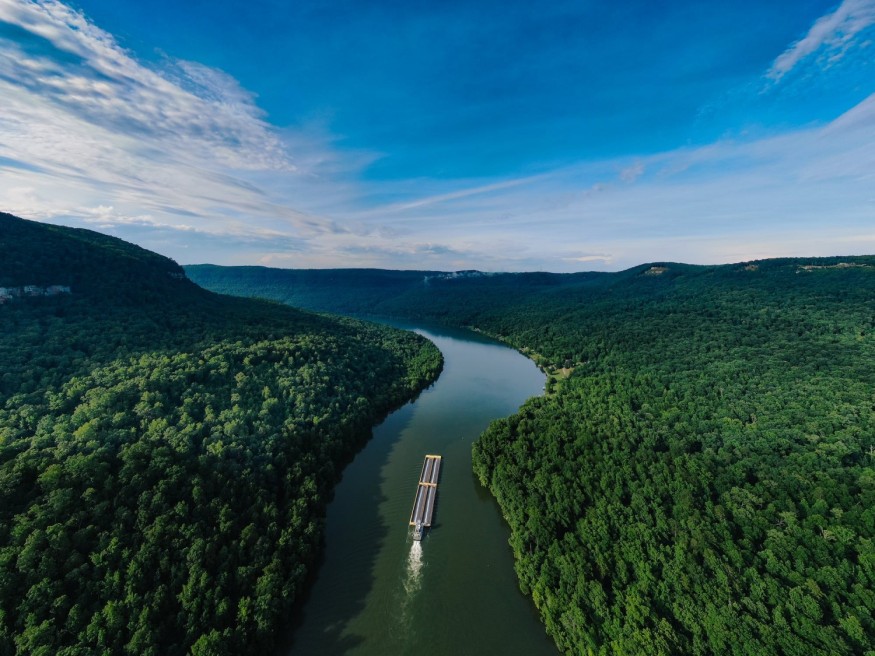As the South American nations concluded their two-day conference in an attempt to save the Amazon rainforest, they called on the rich countries to help develop a Marshall-style plan to protect the rainforest.

Presidents from Bolivia, Brazil, Colombia, and Peru attended the summit, while Ecuador, Guyana, Suriname, and Venezuela sent top officials.
The summit, which was held in Belem, began on the same day that the European Union's climate observatory reported that July was the warmest month on record.
The Amazon leaders called for debt relief in exchange for climate action, agreed to strengthen regional law enforcement cooperation to combat human rights violations, illegal mining, and pollution, and urged industrialized countries to meet their financial obligations to developing countries.
"The Amazon is our passport to a new relationship with the world, a more symmetric relationship, in which our resources are not exploited to benefit few, but rather valued and put in the service of everyone," The Brazilian president Luiz Inácio Lula da Silva said during the closing of the summit, as quoted by The Guardian.
Marshall-plan
Colombian President Gustavo Petro has called for a radical rethinking of the global economy, proposing a "Marshall Plan"-style policy in which developing countries' debt is forgiven in exchange for climate action.
"If we're on the verge of extinction and this is the decade when the big decisions have to be made... then what are we doing, besides giving speeches?" he said, as quoted by Aljazeera.
The eight South American countries that host the Amazon rainforest have stated that maintaining its existence cannot be left completely to them, as forest resources are exploited internationally.
According to Brittanica, the Marshall Plan, formerly known as the European Recovery Program, was a U.S.-sponsored initiative aimed at rebuilding the economies of 17 western and southern European countries in order to create stable conditions in which democratic institutions could thrive.
It ran from April 1948 to December 1951.
Belém Declaration
The joint declaration signed on Tuesday established an alliance to combat forest destruction, leaving countries to pursue their own deforestation goals.
Reuters reported that the eight Amazon nations failed to reach an agreement to conserve their respective forests highlights the wider, global challenges of reaching an agreement to address climate change.
"The planet is melting, we are breaking temperature records every day. It is not possible that, in a scenario like this, eight Amazonian countries are unable to put in a statement - in large letters - that deforestation needs to be zero," said Marcio Astrini of environmental lobby group Climate Observatory.
The Amazon rainforest is home to an estimated 10% of Earth's biodiversity, 50 million people, and hundreds of billions of trees, serves as a key carbon sink, decreasing global warming.
Scientists warned that deforestation is bringing the rainforest dangerously near to a "tipping point" beyond which trees will die and release carbon rather than absorb it, with disastrous repercussions for the climate.
This is the first summit after 14 years of eight-nation organization, formed in 1995 by the South American countries that share the Amazon basin.
The meeting is also being viewed as a dress rehearsal for the United Nations climate talks, which will be held in Belem in 2025.
Related Article : Deforestation, Degradation Turns 26% of Amazon Rainforest to Grassland, Report Reveals
Related Video:
© 2025 NatureWorldNews.com All rights reserved. Do not reproduce without permission.





